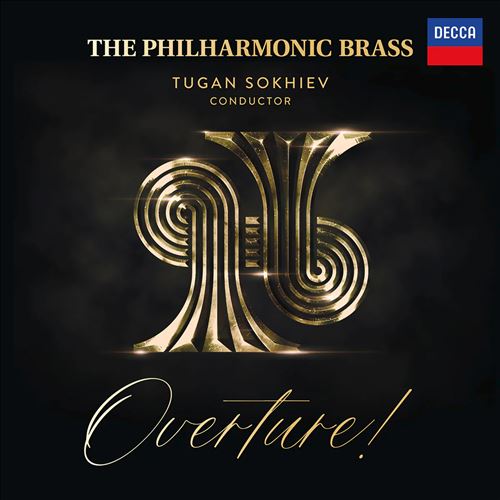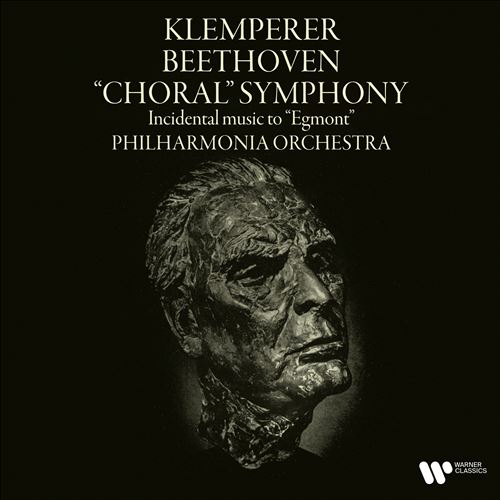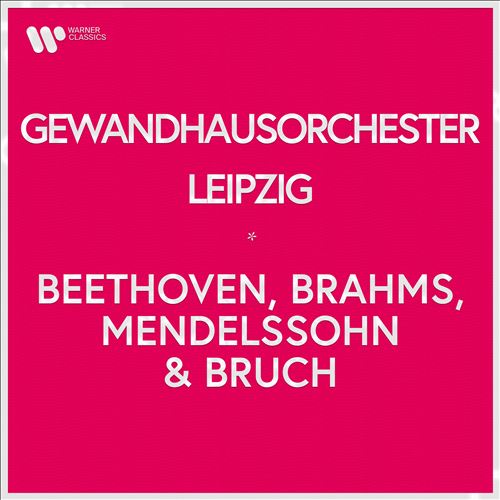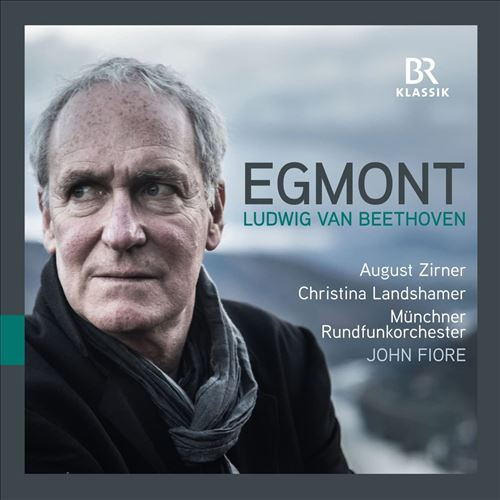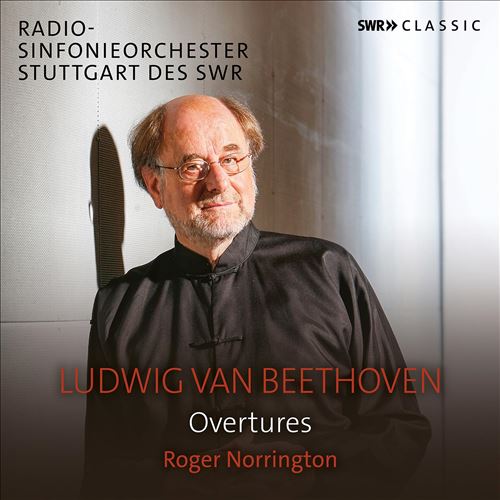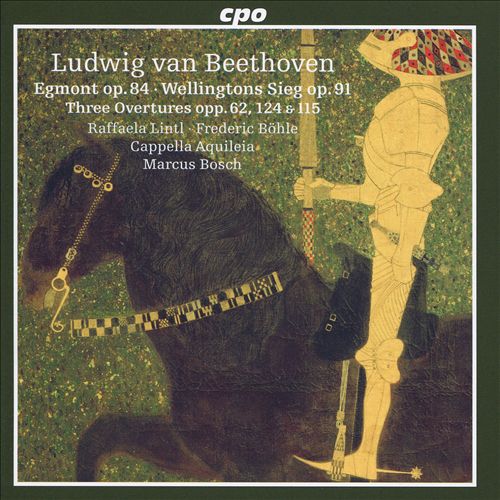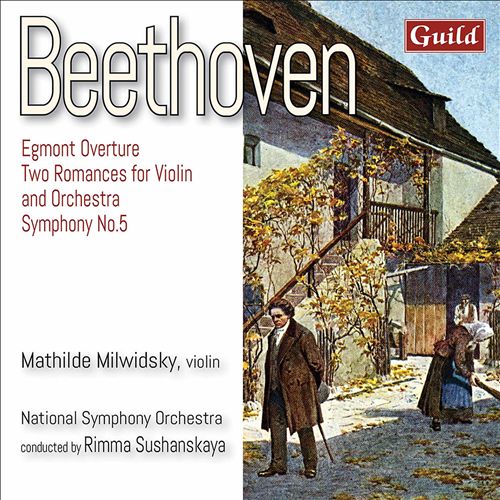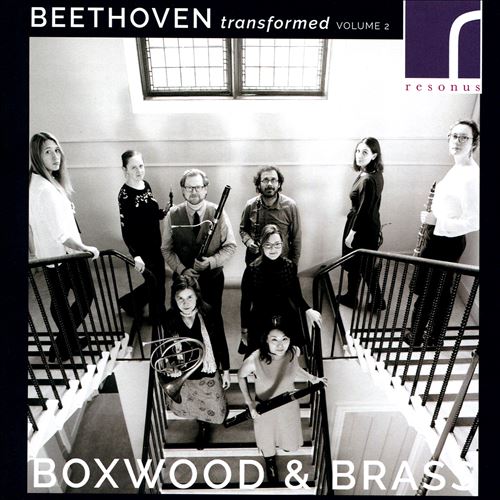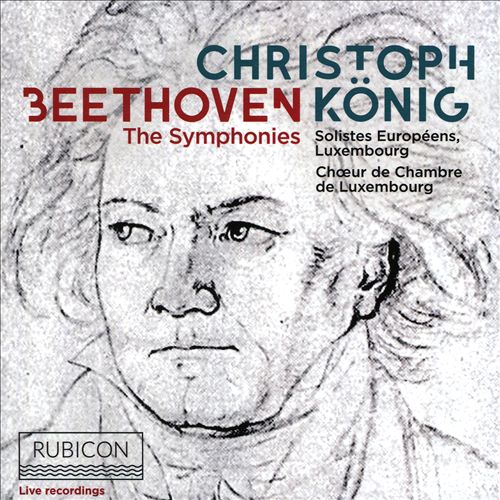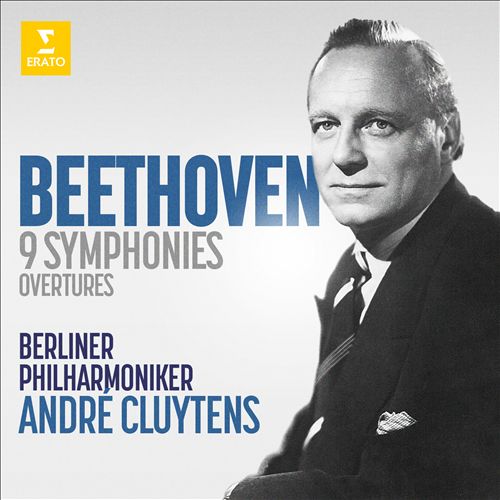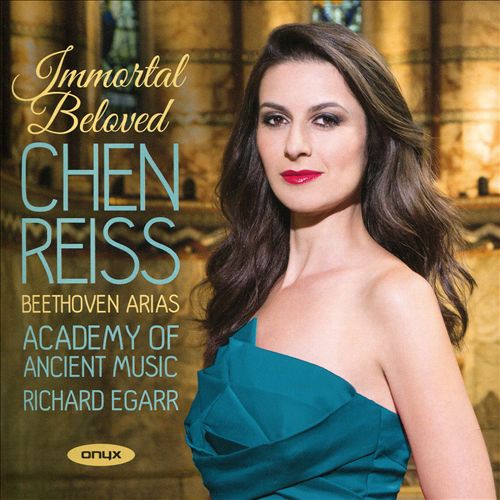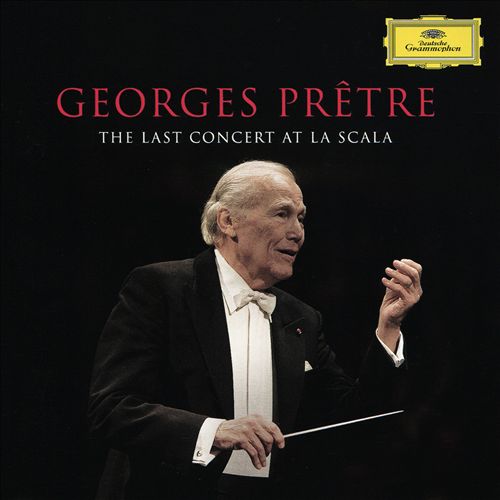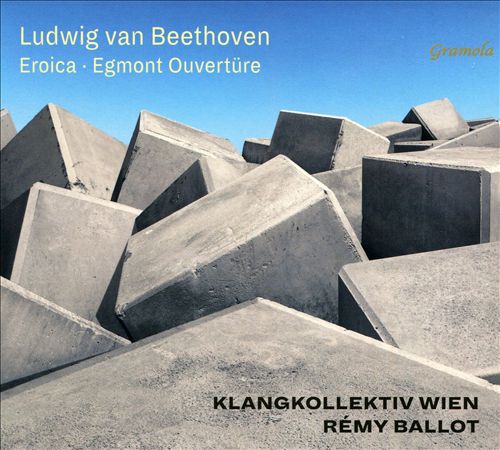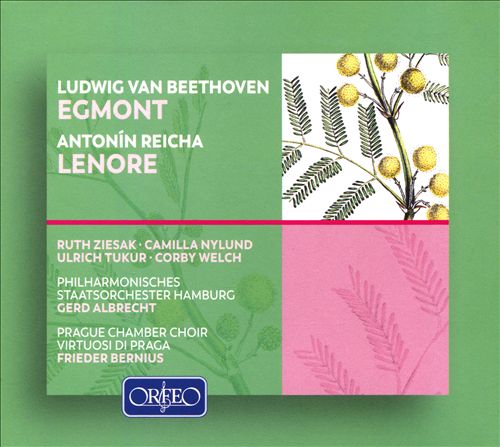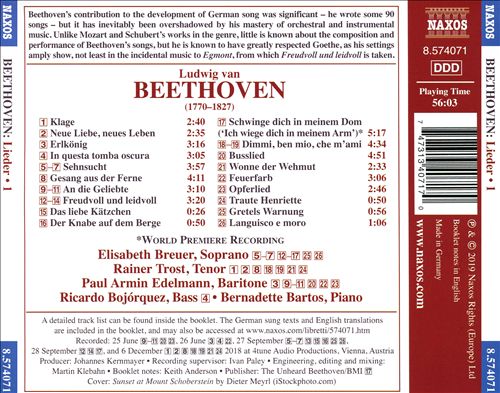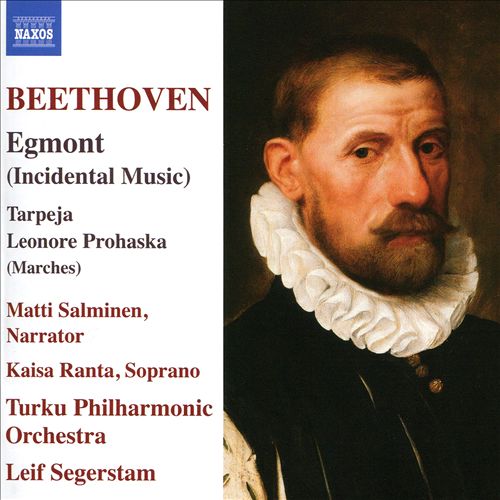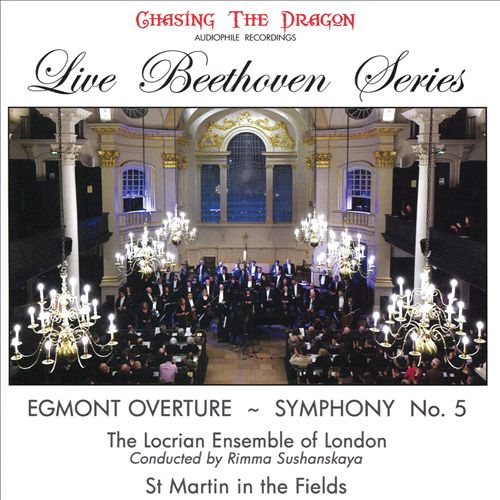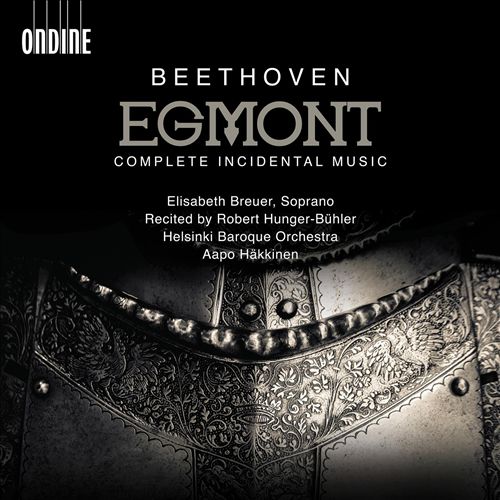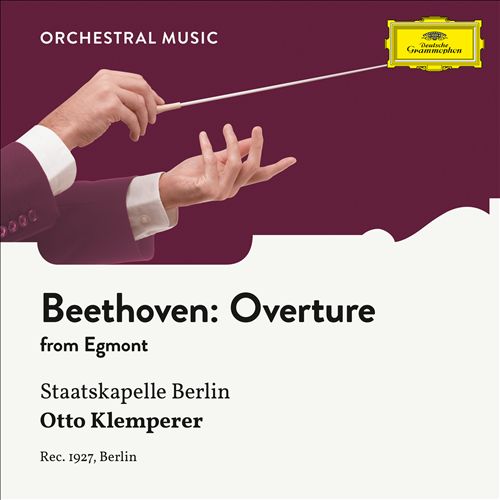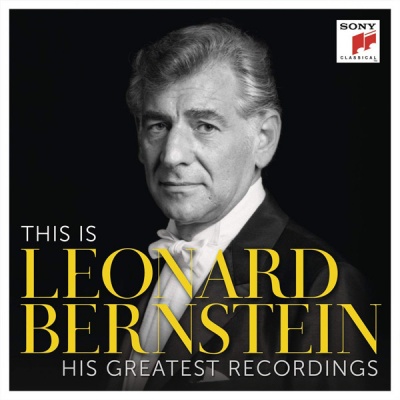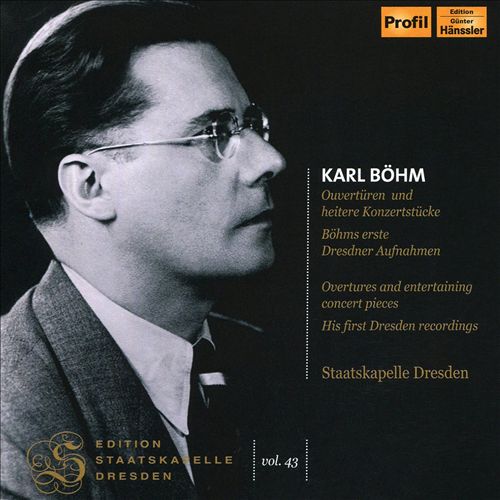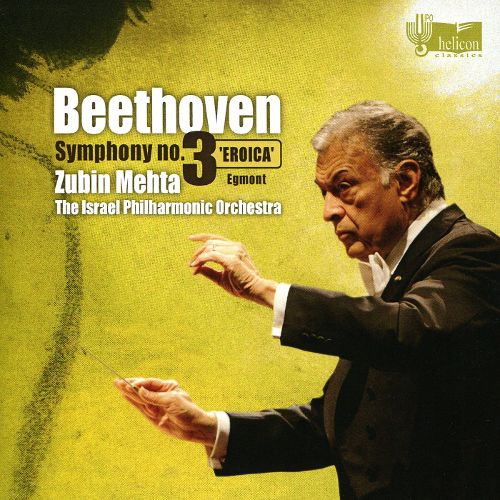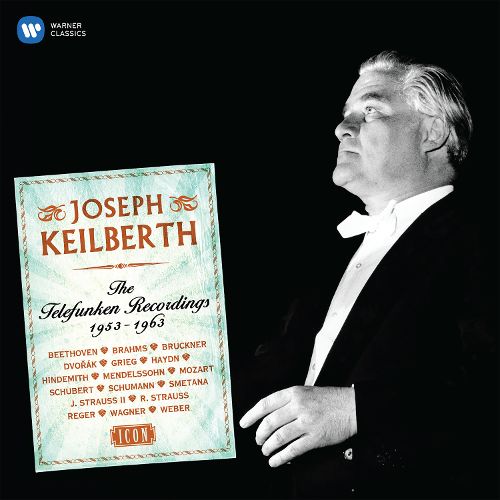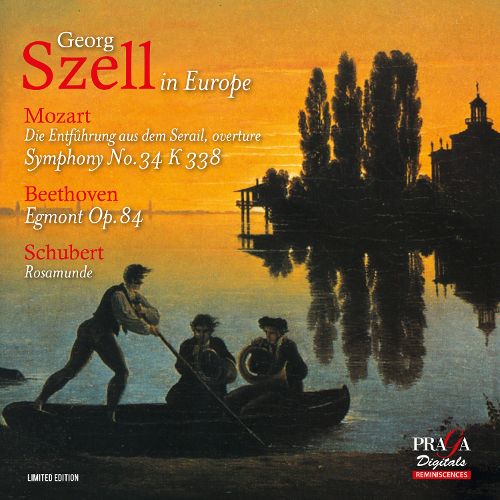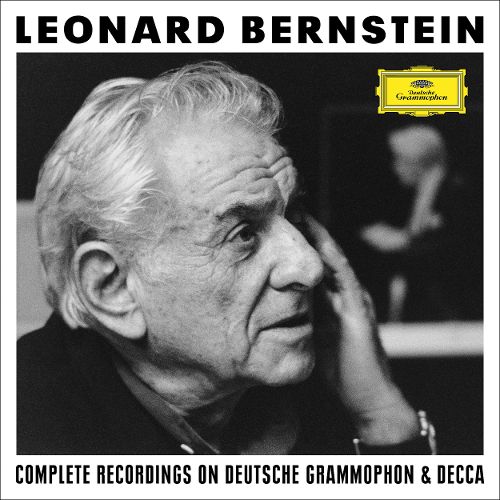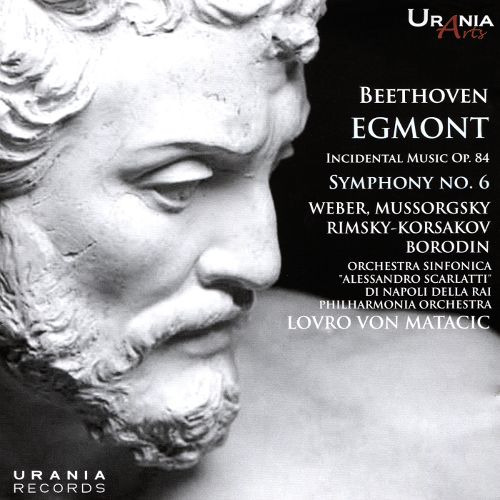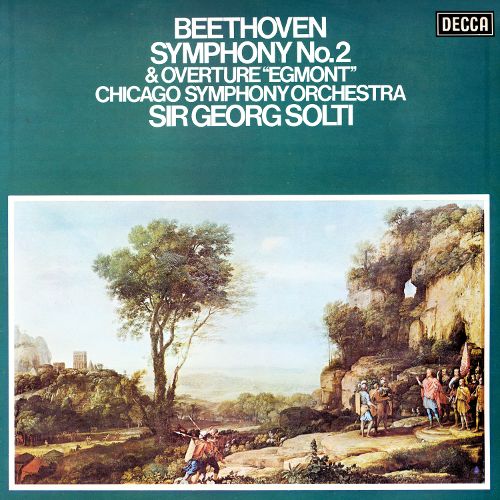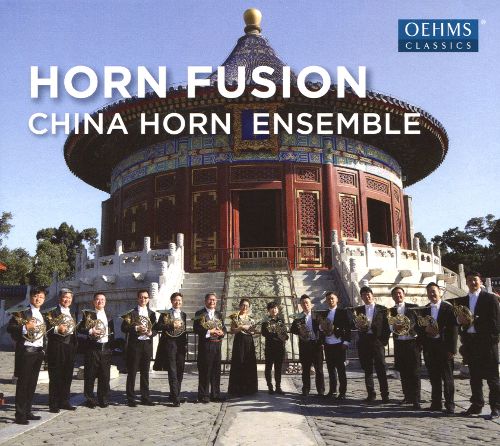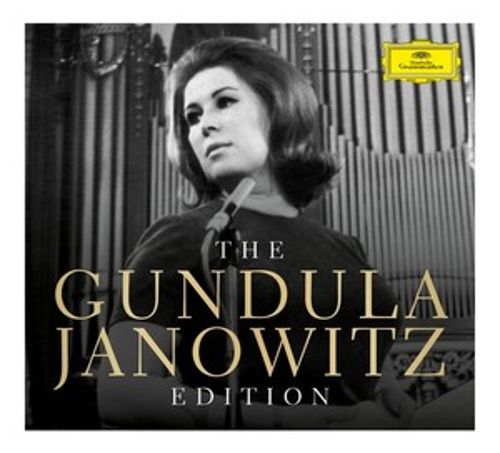Ludwig van Beethoven (루트비히 판 베토벤)
Egmont, Op. 84
100
10,000
1,400
WORK INFO
작곡가: Ludwig van Beethoven (루트비히 판 베토벤)작곡년도: 1809 - 1810초연: May 14, 1810평균연주: 34:17악장1Overture. Sostenuto, ma non troppo - Allegro8:382Lied (Die Trommel gerühret)2:573Zwischenakt 1. Andante - Allegro con brio3:074Zwischenakt 2. Larghetto5:005Lied (Freudvoll und leidvoll, gedankenvoll)1:576Zwischenakt 3. Allegro - Marcia, Vivace3:547Zwischenakt 4. Poco sostenuto e risoluto - Sotto voce, molto ligato ed espressivo3:388Musik. Clärchens Tod bezeichnend, Larghetto2:499Melodrama. Süßer schlaf, Poco sostenuto4:3110Siegessymphonie. Allegro con brio1:33Egmont, Op. 84, by Ludwig van Beethoven, is a set of incidental music pieces for the 1787 play of the same name by Johann Wolfgang von Goethe. It consists of an overture followed by a sequence of nine pieces for soprano, male narrator and full symphony orchestra. (The male narrator is optional; he is not used in the play and does not appear in all recordings of the complete incidental music.) Beethoven wrote it between October 1809 and June 1810, and it was premiered on 15 June 1810. The subject of the music and dramatic narrative is the life and heroism of a 16th-century Dutch nobleman, the Count of Egmont. It was composed during the period of the Napoleonic Wars, at a time when the French Empire had extended its domination over most of Europe. Beethoven had famously expressed his great outrage over Napoleon Bonaparte's decision to crown himself Emperor in 1804, furiously scratching out his name in the dedication of the Eroica Symphony. In the music for Egmont, Beethoven expressed his own political concerns through the exaltation of the heroic sacrifice of a man condemned to death for having taken a valiant stand against oppression. The Overture later became an unofficial anthem of the 1956 Hungarian revolution. Beethoven composed Klärchen’s songs, "Die Trommel gerühret" ("The drum is a-stirring") and "Freudvoll und leidvoll" ("Joyful and woeful"), with the Austrian actress Antonie Adamberger specifically in mind. She would later repeatedly and enthusiastically recall her collaboration with him. The music was greeted with eulogistic praise, in particular by E.T.A. Hoffmann for its poetry, and Goethe himself declared that Beethoven had expressed his intentions with "a remarkable genius". The overture, powerful and expressive, is one of the last works of his middle period; it has become as famous a composition as the Coriolan Overture, and is in a similar style to the Fifth Symphony, which he had completed two years earlier.
The incidental music comprises the following sections, among which the overture, the lieder Die Trommel gerühret, Freudvoll und Leidvoll and the Mort de Klärchen are particularly well-known:From WIKIPEDIA
RELEASED ALBUMS
-
Overture!January 5, 2024
-
Beethoven: "Choral" Symphony; Incidental music to "Egmont"June 9, 2023
-
Beethoven, Brahms, Mendelssohn & BruchMarch 25, 2023
-
Ludwig van Beethoven: EgmontOctober 14, 2022
-
Ludwig van Beethoven: OverturesOctober 14, 2022
-
Ludwig van Beethoven: Egmont Op. 84; Wellingtons Sieg Op. 91; Three Overtures opp. 62, 124 & 115August 6, 2021
-
Beethoven: Egmont Overture; Two Romances for Violin and Orchestra; Symphony No. 5January 1, 2021
-
Beethoven Transformed, Vol. 2November 6, 2020
-
Beethoven: The SymphoniesSeptember 25, 2020
-
Beethoven: 9 Symphonies; Overtures [2019 Edition]April 3, 2020
-
Immortal Beloved: Beethoven AriasMarch 20, 2020
-
The Last Concert at La ScalaFebruary 28, 2020
-
Ludwig van Beethoven: Eroica; Egmont OuvertüreFebruary 14, 2020
-
Beethoven: Egmont; Reicha: LeonoreJanuary 17, 2020
-
Beethoven: Lieder, Vol. 1 - Sehnsucht; Erlkönig; In questa tomba oscuraNovember 22, 2019
-
Beethoven: Egmont (Incidental Music); Tarpeja; Leonore Prohaska (Marches)October 25, 2019
-
Live Beethoven Series: Symphony No. 5August 16, 2019
-
Beethoven: Egmont, Complete Incidental MusicAugust 9, 2019
-
Ludwig van Beethoven: Egmont - Incidental Music to Goethes Tragedy, Op. 84March 15, 2019
-
Beethoven: Overture from EgmontNovember 16, 2018
-
This is Leonard Bernstein: His Greatest RecordingsAugust 17, 2018
-
Edition Staatskapelle Dresden, Vol. 43: Karl BöhmAugust 17, 2018
-
Beethoven: Symphony No. 3 "Eroica"; EgmontJune 1, 2018
-
Joseph Keilberth: The Telefunken Recordings 1953-1963June 1, 2018
-
Georg Szell in Europe: Mozart, Beethoven, SchubertMay 4, 2018
-
Leonard Bernstein: Complete Recordings on Deutsche Grammophon & DeccaMarch 9, 2018
-
Beethoven: Egmont; Symphony No. 6January 5, 2018
-
Beethoven: Symphony No. 2 & Overture "Egmont"December 1, 2017
-
Horn FusionAugust 25, 2017
-
The Gundula Janowitz EditionJuly 14, 2017
FEATURED MOVIES
-
 09:02베토벤: 에그몬트 Op. 84 OvertureMay 31, 2014Loma Linda University Church
09:02베토벤: 에그몬트 Op. 84 OvertureMay 31, 2014Loma Linda University Church -
 10:17베토벤: 에그몬트 Op. 84 Overture30.3.2014
10:17베토벤: 에그몬트 Op. 84 Overture30.3.2014 -
 09:46베토벤: 에그몬트 Op. 84 Overture19 January 2012
09:46베토벤: 에그몬트 Op. 84 Overture19 January 2012 -
 09:24베토벤: 에그몬트 Op. 84 Overture
09:24베토벤: 에그몬트 Op. 84 Overture -
 06:48베토벤: 에그몬트 Op. 84 OvertureMarch 11th 2012Memorial Concert at UNESCO 311
06:48베토벤: 에그몬트 Op. 84 OvertureMarch 11th 2012Memorial Concert at UNESCO 311 -
 10:04베토벤: 에그몬트 Op. 84 Overture
10:04베토벤: 에그몬트 Op. 84 Overture -
 09:08베토벤: 에그몬트 Op. 84 OvertureJune 2, 2013
09:08베토벤: 에그몬트 Op. 84 OvertureJune 2, 2013 -
 08:56베토벤: 에그몬트 Op. 84 Overture2012. 6. 16예술의전당 콘서트홀
08:56베토벤: 에그몬트 Op. 84 Overture2012. 6. 16예술의전당 콘서트홀 -
 08:08베토벤: 에그몬트 Op. 842013.06.23예술의전당 대학오케스트라 축제
08:08베토벤: 에그몬트 Op. 842013.06.23예술의전당 대학오케스트라 축제 -
 09:59베토벤: 에그몬트 Op. 84 1. Overture2004Bologna
09:59베토벤: 에그몬트 Op. 84 1. Overture2004Bologna -
 09:38베토벤: 에그몬트 Op. 84 OvertureFebruary 17, 2012Guayaquil
09:38베토벤: 에그몬트 Op. 84 OvertureFebruary 17, 2012Guayaquil -
 09:46베토벤: 에그몬트 Op. 84April 1974Royal Festival Hall, London
09:46베토벤: 에그몬트 Op. 84April 1974Royal Festival Hall, London -
 09:23베토벤: 에그몬트 Op. 842012
09:23베토벤: 에그몬트 Op. 842012 -
 58:40베토벤: 에그몬트 Op. 84 Overture
58:40베토벤: 에그몬트 Op. 84 Overture -
 08:47베토벤: 에그몬트 Op. 84 Overture2003Minoritensaal
08:47베토벤: 에그몬트 Op. 84 Overture2003Minoritensaal
ALBUM MUSIC
WORKS SHOUTS


